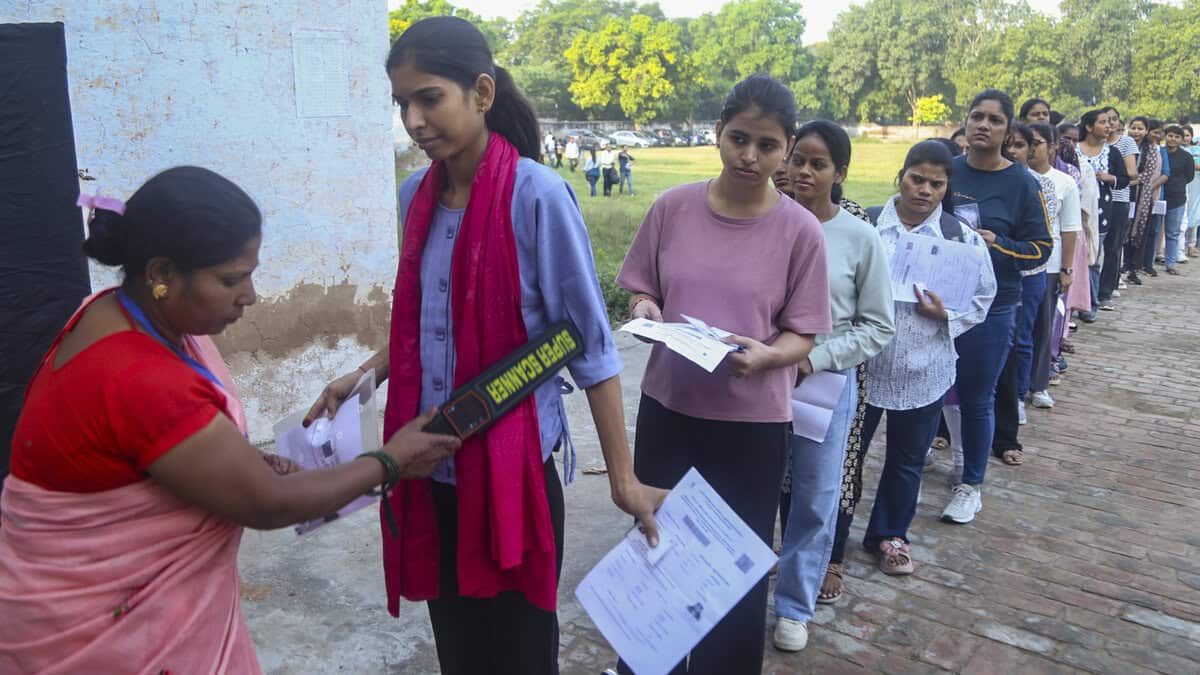BIG Trouble For Lalu Yadav, Rabri Devi & Tejashwi Ahead Of Bihar Assembly Elections As Delhi Court Frame Charges Against Them In IRCTC Scam Case | PTI/File Image
The timing could not have been more curious. On the very day the Rashtriya Janata Dal (RJD), the Congress and their allies sealed their seat-sharing deal for the ongoing Bihar Assembly elections, a Delhi court framed charges of corruption and conspiracy against Lalu Prasad Yadav, his wife Rabri Devi, and son Tejashwi Yadav. That coincidence alone raises eyebrows. It is difficult to believe that this case—rooted in allegations made nearly two decades ago—has reached this stage now by mere happenstance. The case concerns the award of contracts for two IRCTC hotels during Lalu’s tenure as railway minister between 2004 and 2009. The Central Bureau of Investigation (CBI) claims that the contracts were granted in exchange for three acres of land allegedly received by Lalu’s family through a benami company. The CBI registered the case in 2017, when the political climate had already turned hostile for the RJD. Eight years later, the charges are being framed—just as Bihar’s electoral battle heats up and Tejashwi Yadav emerges as the Opposition’s chief ministerial face.
Lalu’s time as railway minister had, in fact, earned him national and international acclaim. He had transformed the railways from a loss-making enterprise into a model of turnaround management, drawing praise even from institutions like Harvard. His innovations, such as automatic berth upgrades and better utilisation of rolling stock, became case studies in governance. The CBI probe, therefore, was not triggered by any glaring irregularity, but by political winds that were turning against him. Lalu Yadav is no stranger to legal battles. Ironically, it was during his tenure as Bihar’s chief minister in the nineties that the infamous fodder scam was first unearthed—only for him to later be accused of benefitting from it. He paid a heavy political price, spending years in prison and effectively ceding power to others. Yet, his popularity among the state’s underprivileged and backward classes has endured. His uncompromising stand against the BJP—particularly his decision to arrest L.K. Advani during the 1990 Rath Yatra—still rankles the ruling party.
The new case gives the BJP yet another stick to beat the RJD with. The contrast with other politicians, who were swiftly absolved of corruption charges after joining the BJP, is striking. That said, the RJD leadership has chosen the correct course by deciding to face trial, rather than cry foul from the sidelines. If they are indeed innocent, the courts are the best forum to prove it. Ultimately, the people of Bihar—who have seen both Lalu’s warts and his wisdom—will make their own judgement. The law must take its course, but justice should not be seen to follow the election calendar.

















































